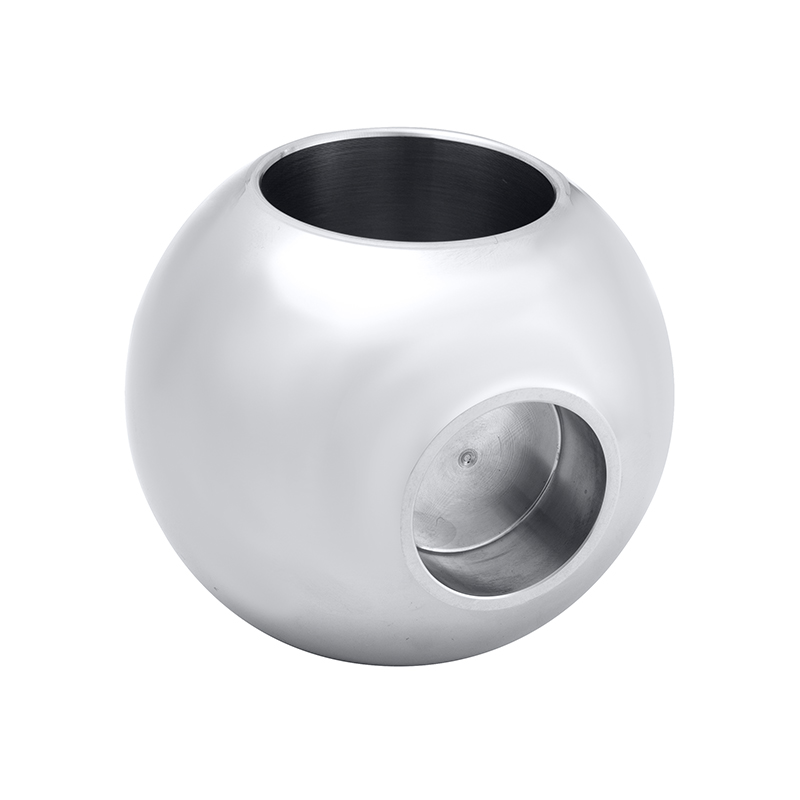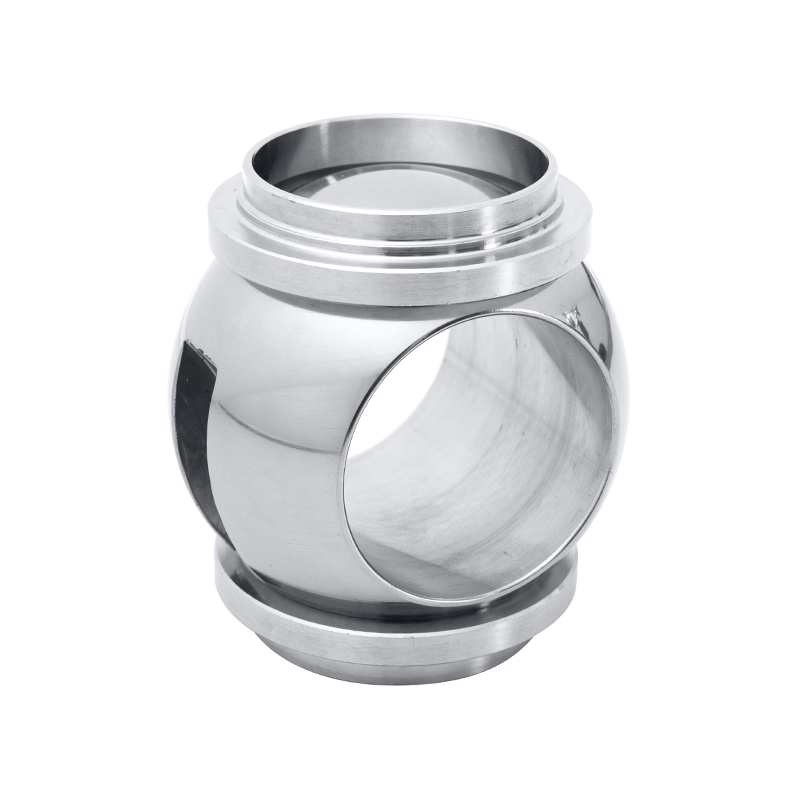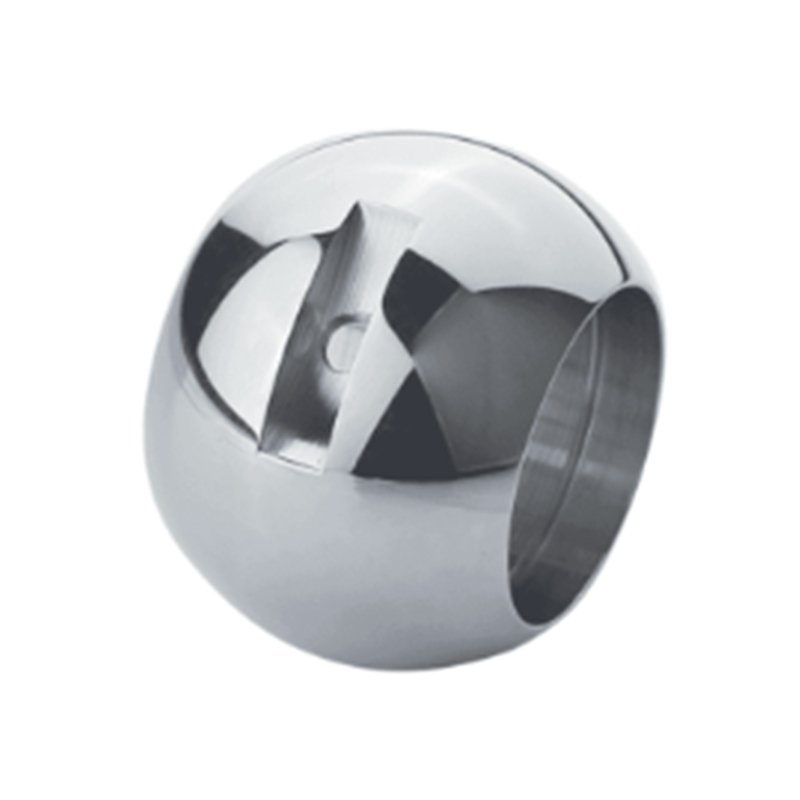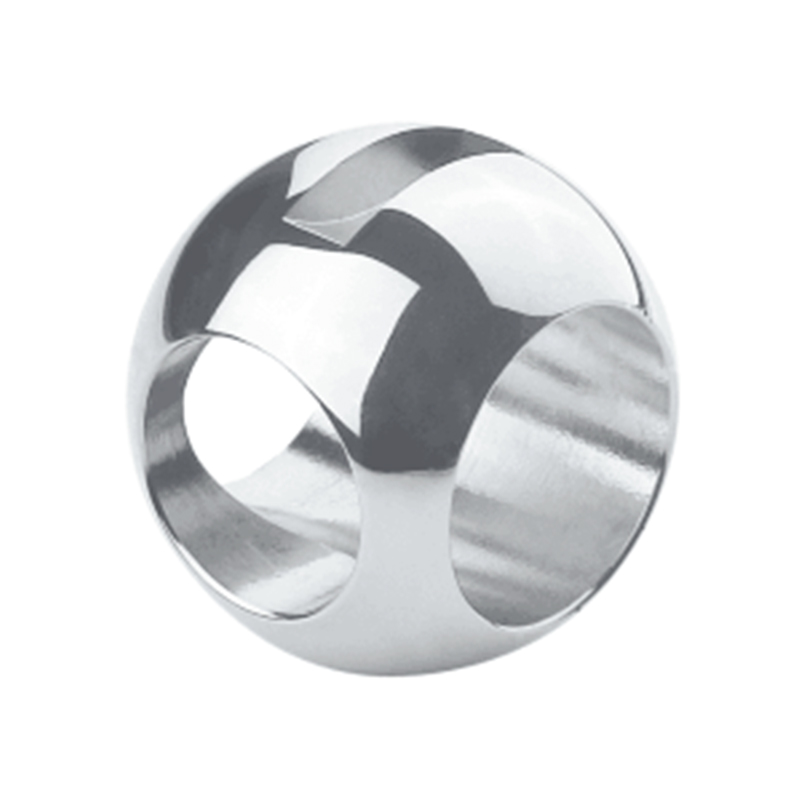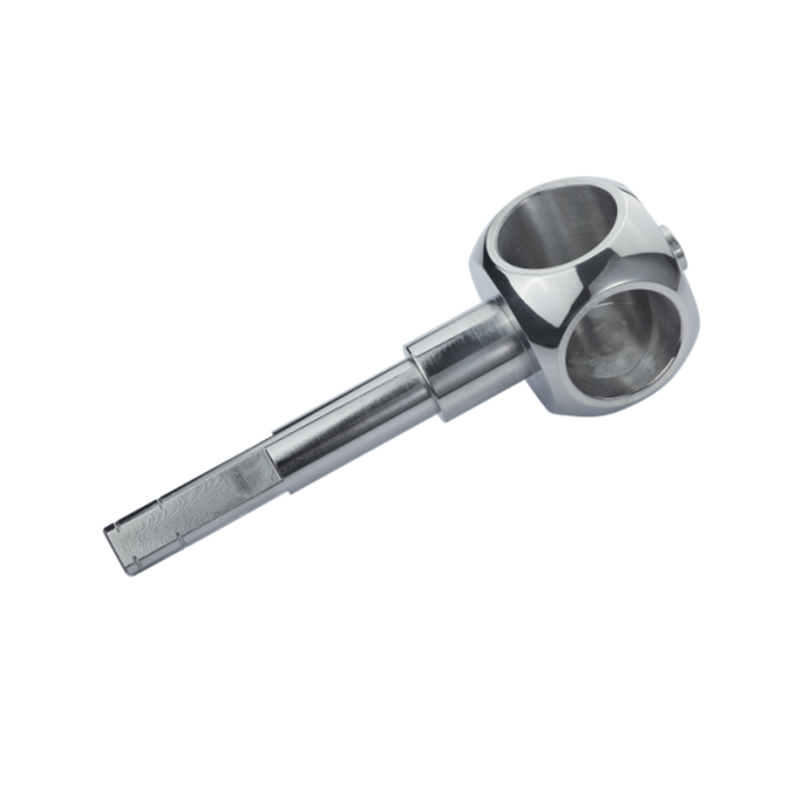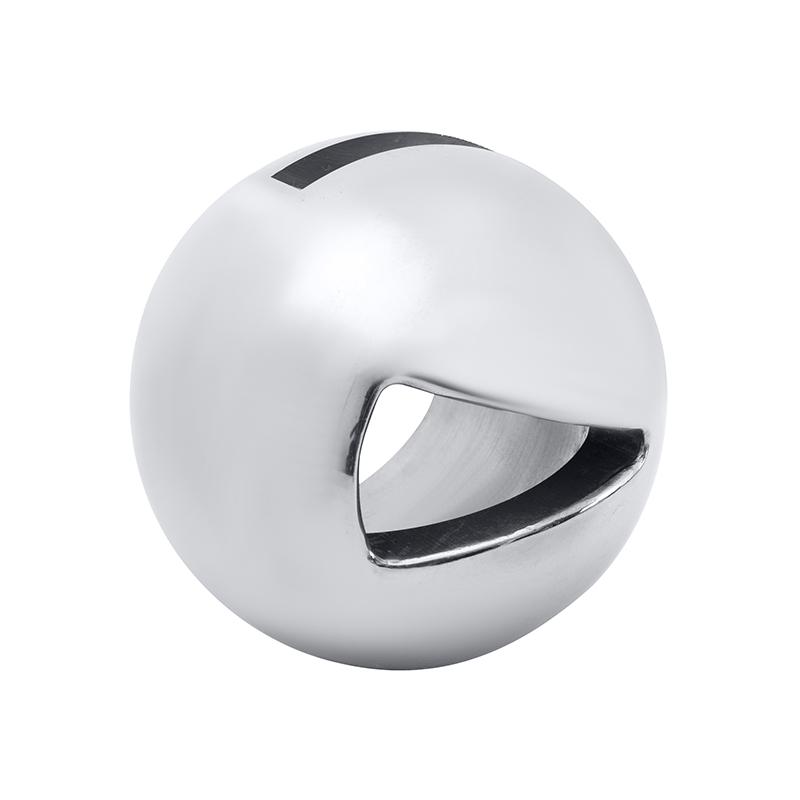In the field of fluid control, the demand for reliable and long-lasting components is increasing as industries face harsher environments and more aggressive media. One critical component that directly influences the performance and service life of a fluid control valve is the valve ball. This article explores how using alloy valve balls enhances corrosion resistance in various types of industrial ball valves, including the widely used V type ball valve.
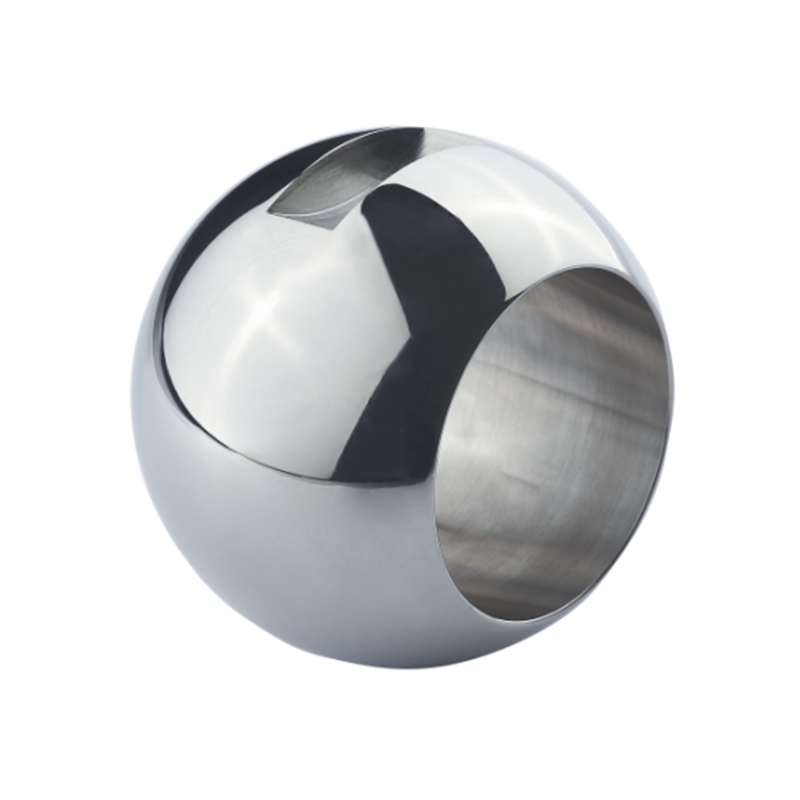
Understanding Corrosion in Fluid Control Valves
Corrosion is a natural process that deteriorates metal when it reacts with environmental elements such as moisture, chemicals, or gases. In fluid control valve systems, this reaction can advance to internal leaks, poor sealing, and, ultimately, valve failure. Applications such as chemical processing, oil and gas, and wastewater treatment often expose valves to corrosive fluids or fluctuating pH levels. Therefore, selecting the right materials—particularly for the valve ball—is essential to ensure stable performance over time.
Why Alloy Valve Balls Matter
Valve balls serve as the core component in industrial ball valves, enabling flow regulation through rotational motion. When exposed to corrosive media, standard carbon steel balls are vulnerable to pitting, rusting, and surface degradation. This not only reduces their operational efficiency but also increases maintenance costs and system downtime.
Alloy valve balls provide a significant advantage in these environments due to their improved chemical resistance and mechanical strength. Materials such as stainless steel (e.g., 316, 2205 duplex), Hastelloy, Monel, and other specialized alloys are commonly used to manufacture these components. The specific composition of these alloys offers resistance to chloride-induced corrosion, acidic fluids, and high-temperature operations.
Application in Industrial Ball Valves
An industrial ball valve operates in a wide range of service conditions, from high-pressure steam systems to pipelines transporting corrosive chemicals. In such applications, alloy valve balls provide stability under mechanical stress and exposure to aggressive fluids.
For instance, in water treatment plants, where chlorine and other chemicals are present, stainless steel or duplex alloy valve balls resist oxidation and maintain sealing integrity. In oil refineries, where sour gas and hydrocarbons can attack conventional metals, the use of corrosion-resistant alloys can extend valve life and improve overall process safety.
Another benefit is the reduced frequency of maintenance. Since alloy valve balls resist scale buildup and surface corrosion better than conventional materials, they help maintain smooth operation over longer intervals.
Alloy Valve Balls in V Type Ball Valves
V type ball valves are a specific category of industrial ball valve designed for precise flow control. These valves feature a V-shaped ball or notch that allows for a more accurate flow modulation, making them suitable for throttling applications.
In V type ball valves, the valve ball experiences greater exposure to the fluid stream, especially at partially open positions. This increases the risk of erosion and localized corrosion, particularly when handling abrasive or corrosive fluids. By using alloy valve balls in these valves, manufacturers can improve durability and maintain performance accuracy over time.
Additionally, the machining of alloy balls to maintain the precise V-notch design ensures that the flow characteristics are preserved while resisting degradation from chemical attack or wear.
Factors to Consider When Choosing Alloys
Not all alloys are suitable for every application. Selection should be based on:
Fluid composition: Acidic, basic, or chlorinated fluids require different types of alloy compositions.
Operating temperature and pressure: Some alloys perform better under bad temperatures.
Mechanical requirements: Strength, hardness, and wear resistance must be balanced with corrosion resistance.
Working with a knowledgeable supplier can help determine the proper alloy grade for a given fluid control valve application, ensuring reliability without over-specification.
Corrosion resistance is a key consideration in the design and selection of components for fluid control valve systems. Alloy valve balls offer an effective solution to the challenges posed by corrosive environments, particularly in the construction of industrial ball valves and V type ball valves. By understanding the materials science behind alloy selection and matching it to the operating conditions, engineers and facility managers can significantly improve valve performance, extend service life, and reduce long-term maintenance costs.

 English
English Español
Español Deutsch
Deutsch

